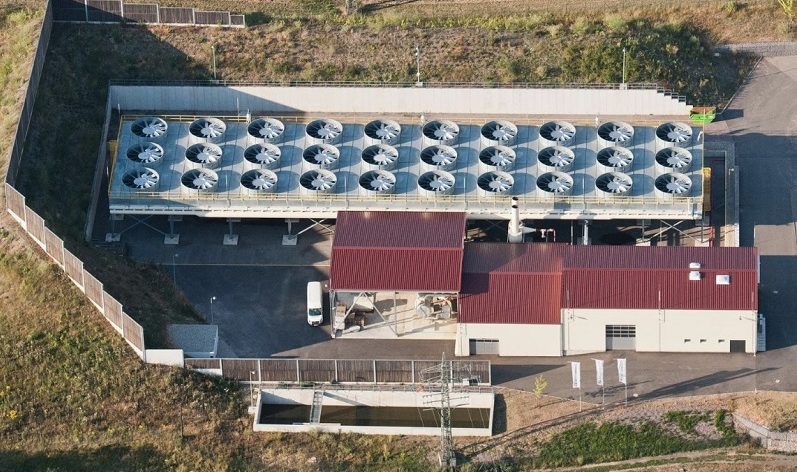Enel Green Power (EGP), a unit of Italian energy giant Enel, has revealed that it will partner with Australia-based Vulcan Energy Resources to consider lithium extraction at a site in Cesano Romano, in the Latium region of central Italy.
The site is located 20 km north of Rome and is 50%-owned by EGP and Vulcan Energy Italy, the Italian subsidiary of the Australian lithium company. They secured a research permit from the local authorities earlier this year.
“The collaboration involves a phased approach, which in a first scoping study phase will consist of assessing the potential of Vulcan's ‘Cesano' license, a site that covers an area of 11.5 square kilometers, just a few kilometers away from Rome,” Enel said. “The partners intend to examine the prospects for further developments in geothermal lithium, starting from the area under exam but not excluding further collaborations in Italy and abroad.”
Vulcan Energy said the site hosts a single geothermal well that yields two “hot brine” samples containing high average lithium-in-brine.
“Vulcan’s in-house geological team in Germany will be collaborating with Italian geologists and local stakeholders to collate and assess historical data, verify the lithium content and assess the brine for potential lithium project development,” the company said. “If successful, the Cesano project could provide a source of strategic, sustainable lithium in Italy for Europe’s battery and automotive market, and become a possible future additive to Vulcan’s zero-carbon lithium business.”
In Germany, Vulcan Energy is working on scaling up its zero-carbon lithium project, which aims to produce geothermal energy and battery- grade lithium hydroxide by pumping geothermal brine from deep in the earth at a site in the Upper Rhine Valley. Once the heated brine has been used to produce energy, it will be processed into high-purity lithium hydroxide monohydrate at another facility.
The company has demonstrated the production of LHM exceeding minimum quality specifications for the battery industry. And in June, it secured a site outside of Frankfurt, Germany, for its planned commercial processing facility. It said it hopes to begin large-scale production at some point in 2024.
This content is protected by copyright and may not be reused. If you want to cooperate with us and would like to reuse some of our content, please contact: editors@pv-magazine.com.




By submitting this form you agree to pv magazine using your data for the purposes of publishing your comment.
Your personal data will only be disclosed or otherwise transmitted to third parties for the purposes of spam filtering or if this is necessary for technical maintenance of the website. Any other transfer to third parties will not take place unless this is justified on the basis of applicable data protection regulations or if pv magazine is legally obliged to do so.
You may revoke this consent at any time with effect for the future, in which case your personal data will be deleted immediately. Otherwise, your data will be deleted if pv magazine has processed your request or the purpose of data storage is fulfilled.
Further information on data privacy can be found in our Data Protection Policy.